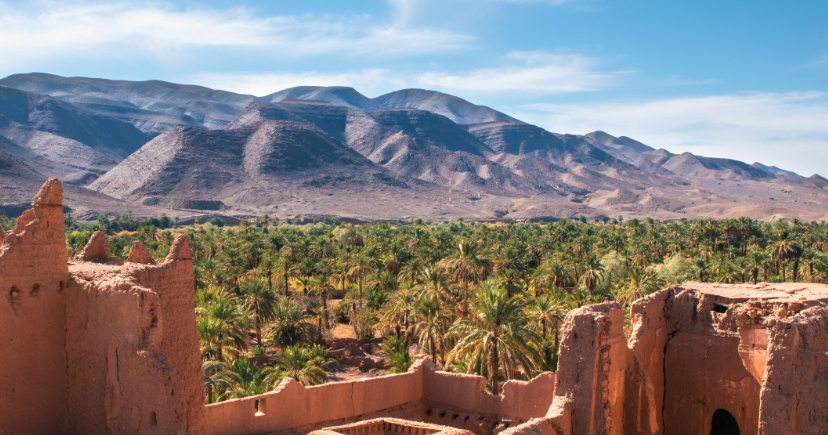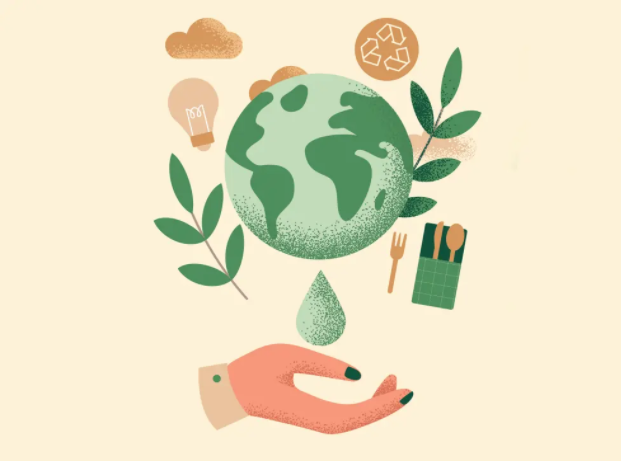
Feb 16, 2024



Jan 18, 2024

Jan 18, 2024

Oct 15, 2023



Mar 09, 2023


Apr 10, 2022



Oct 08, 2021





May 14, 2020
A post-COVID-19 world is expected to see a lot of changes on a fundamental level on how people will carry on with their lives. Taking a lead on this, I will like to share few insights from an EPCH webinar I recently attended on the topic “Neo-Normal – a post Pandemic forecast of Handicrafts & Lifestyle Products “ conducted by the esteemed Dr. Kaustav Sengupta – Associate Professor at NIFT Chennai.
The discussion revolved around considering six design themes to craft handmade products for neo consumers in a post-pandemic world which is forecasted to have a positive upturn.
The discussion revolved around considering six design themes to craft handmade products for neo consumers in a post-pandemic world which is forecasted to have a positive upturn. The six themes are: